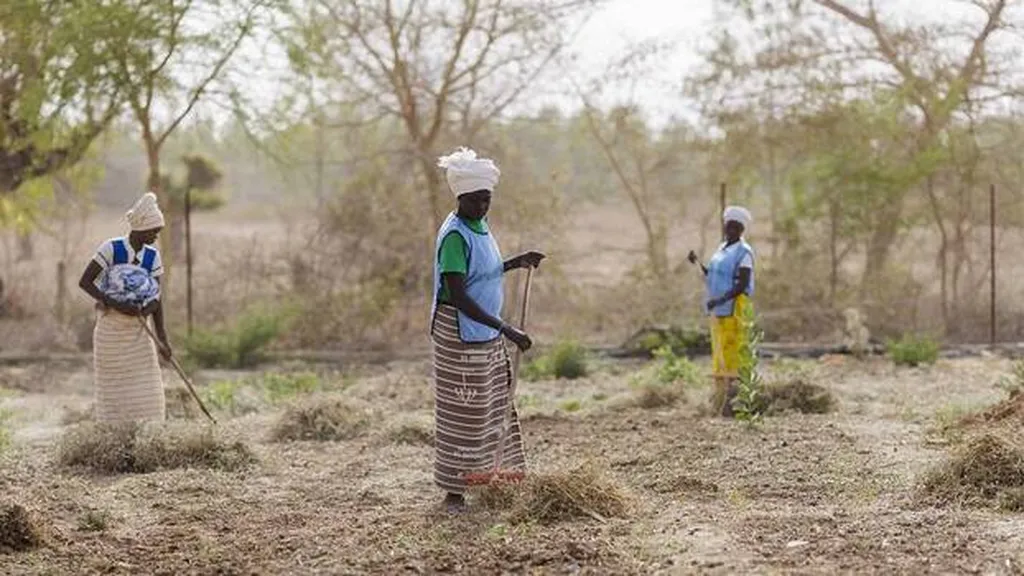In the heart of Africa, a quiet revolution is taking root, one that promises to transform agrifood systems and advance sustainable development. A groundbreaking study, led by Beatrice Adoyo of World Agroforestry (ICRAF) in Addis Ababa, Ethiopia, has provided compelling evidence that agroecology—an approach that integrates ecological principles into agriculture—can deliver significant benefits across economic, environmental, and social domains. The research, published in *Frontiers in Sustainable Food Systems* (which translates to *Frontiers in Sustainable Food Systems* in English), offers a beacon of hope for sustainable agriculture and food security in Africa.
The study, conducted across Benin, Ethiopia, Kenya, and Madagascar, involved 839 farming households and employed the Tool for Agroecology Performance Evaluation (TAPE) and the Land Degradation Surveillance Framework (LDSF). The findings are clear: higher levels of agroecological integration are significantly correlated with improved performance in all three key areas—economic, environmental, and social. This means that the environmental benefits of agroecology do not come at the expense of productivity and profitability, a critical insight for farmers and policymakers alike.
“Agroecology is not just about environmental sustainability; it’s about creating resilient, productive, and equitable food systems,” Adoyo explained. “Our research shows that when farmers adopt agroecological practices, they see improvements in their livelihoods, soil health, and biodiversity, all while contributing to sustainable development goals.”
The study identified several key drivers of agroecological transitions, with sociocultural elements emerging as particularly important. Human and social values, culture and food traditions, and knowledge co-creation were highlighted as critical factors in fostering successful agroecological transitions. However, the research also uncovered significant barriers, including high input costs, insecure land tenure—especially for women—and low youth engagement in farming.
“To fully realize the potential of agroecology, we need enabling policies that support agroecological business models, secure tenure rights, and foster equitable, labor-saving innovations,” Adoyo emphasized. “This requires a systemic, holistic approach to food system assessments and transitions.”
The implications of this research are far-reaching. For the energy sector, the study underscores the importance of integrating agroecological principles into agricultural practices to enhance sustainability and resilience. By adopting agroecological approaches, farmers can improve soil health, increase biodiversity, and enhance food security—all of which contribute to more sustainable and resilient food systems.
Moreover, the study’s multi-country evidence provides a robust foundation for guiding agroecological transitions. It highlights the need for policies and innovations that support farmers in overcoming barriers and fully embracing agroecological practices. As the world grapples with the challenges of climate change, food security, and sustainable development, this research offers a roadmap for transforming agrifood systems and advancing progress toward the Sustainable Development Goals (SDGs).
In the words of Adoyo, “Agroecology is not just a pathway; it’s a destination. It’s about creating a future where agriculture is sustainable, equitable, and resilient.” With this research, we are one step closer to that future.

